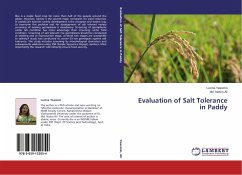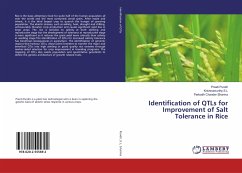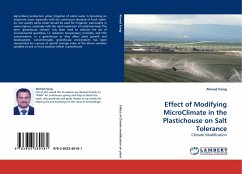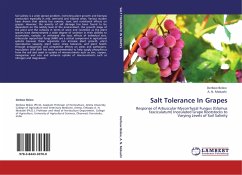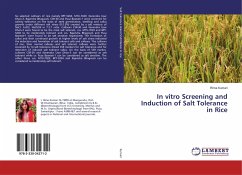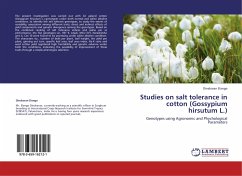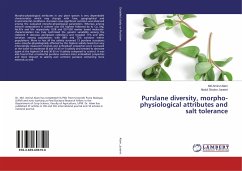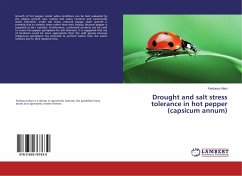Rice is a staple food crop for more than half of the people around the globe. However, salinity is the second major constraint for yield reduction in paddy.Salt tolerant variety development is the cheapest and easiest way to overcome this problem and for development of salt tolerant variety screening of existing germplasms is mandatory. Screening of germplasms under lab condition has more advantage than screening under field condition. Screening of salt tolerant rice germplasms should be conducted at seedling and at reproductive stage, as these two stages are susceptible to salinity.A study was conducted to screen 33 rice genotypes against salt tolerance. The study includes screening by morphological characters and subsequently validation using SSR (Simple Sequence Repaet) markers. Most importantly this research will indirectly ensure food security.

